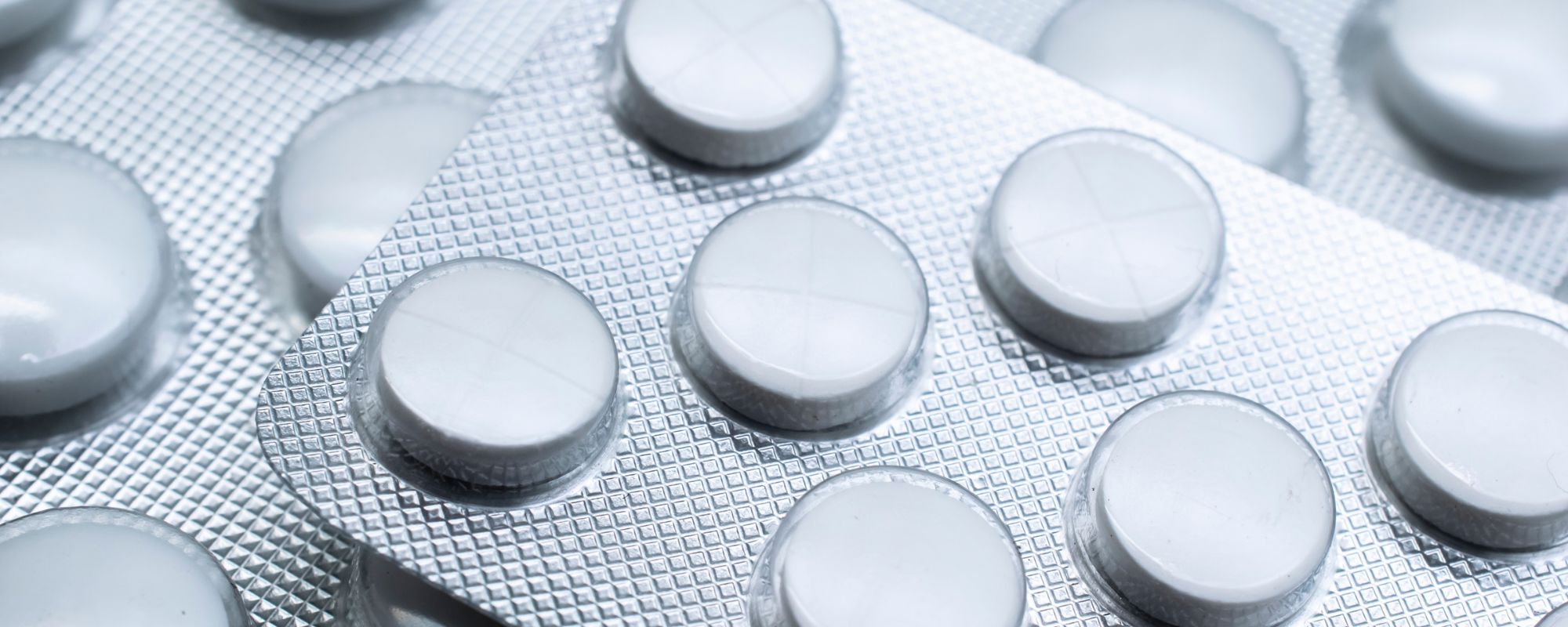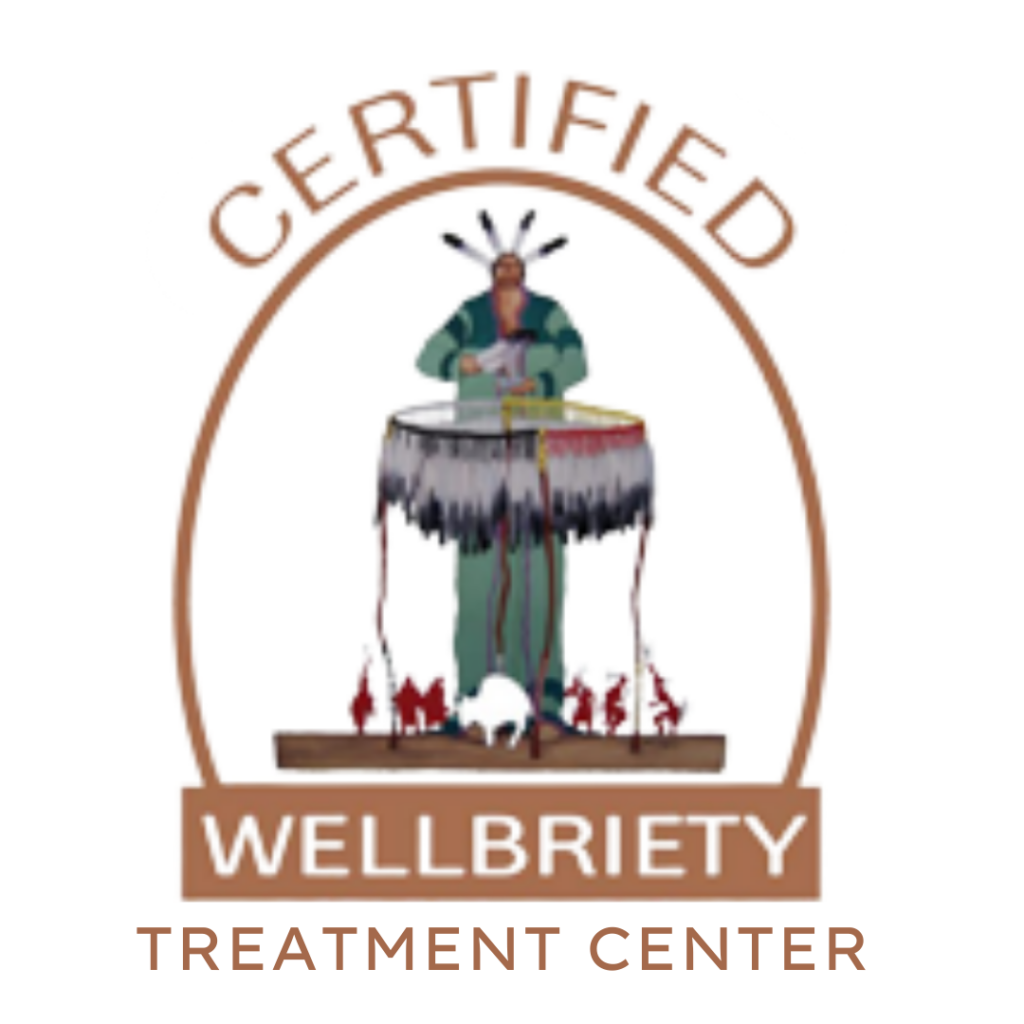Treating substance use disorder is critical to sobriety, but maintaining recovery efforts is just as essential when it comes to maintaining sobriety. Not staying active in recovery is one of the biggest oversights that someone overcoming a substance use disorder can make, as it can lead to boredom and restlessness, potential precursors to relapse. It’s easy to stay active in your recovery while in treatment because it provides a safe, substance-free environment where guests participate in scheduled group and individual activities. Following treatment, an IOP or sober living program allows substantial free time and recovery efforts become largely up to the individual, who should take care to use this time in healthy, productive ways that lend themselves to recovery.
There is more than one way to stay active in your recovery, and some things might work better for certain people.
Don’t make excuses.
If you’re skipping meetings, pushing off therapy, or avoiding your sponsor and justifying it with a “too busy” schedule, stop and ask yourself if you’re too busy to stay sober. Excuses will just stand between you and your best, sober self.
Read recovery literature.
Recovery literature isn’t limited to the Big Book. There is plenty of reading material on the topics of recovery, sobriety, and overall mental health/well-being, as well as spirituality. Reinforcing key concepts and meditating on quotes and other inspirational words can help reinforce existing positive ideas and associations, build on them, or create new ones.
Go to meetings and therapy sessions.
While in treatment for substance use disorder, meetings and therapy sessions are often mandatory, but once you leave, it’s up to you to attend them. Find a weekly meeting scheduled for a day and time you know won’t be an issue for you. Bring a friend also in recovery or a sober family member. Build a relationship with a therapist you trust and whom you enjoy meeting with on a regular basis. Do what you can to make meetings and therapy sessions more appealing if they aren’t and see what a difference it can make.
Going to meetings can also help you to build a support network of sober friends, mentors, and peers and be a resource for you on your recovery path.
Steer clear of those in active addiction.
Someone overcoming a substance use disorder should do what they can to avoid toxic environments and people that could lead to exposure to drugs and/or alcohol, but because this isn’t always possible, it’s important to have a plan in place should you find yourself in this situation.
Mind your diet, sleep, and exercise habits.
Normal, healthy patterns of eating, sleeping, and exercise are often neglected when substance dependence is at play. Recovery is the time for those overcoming a substance use disorder to implement a new, everyday routine inclusive of regular, balanced meals, optimal rest, and physical activity.
Sponsor someone else.
If you’ve already worked the 12 Steps, it’s time for you to take what you’ve learned and sponsor someone else. Guiding another person in a similar situation as you through the steps can help you to stay focused on recovery, as you get back into the mission and processes behind the AA cornerstone.
Staying active in recovery doesn’t have to be difficult, so don’t let it be. Make the effort and ask for help when you need it, and you’ll be well on the path to a life of sobriety.
If you or a loved one want to begin the first step in recovery from a substance use disorder, please reach out to us today to learn more about our detox and residential treatment programs. You can also contact our admissions team, which is available 24/7 at (877)-RECOVERY.
























